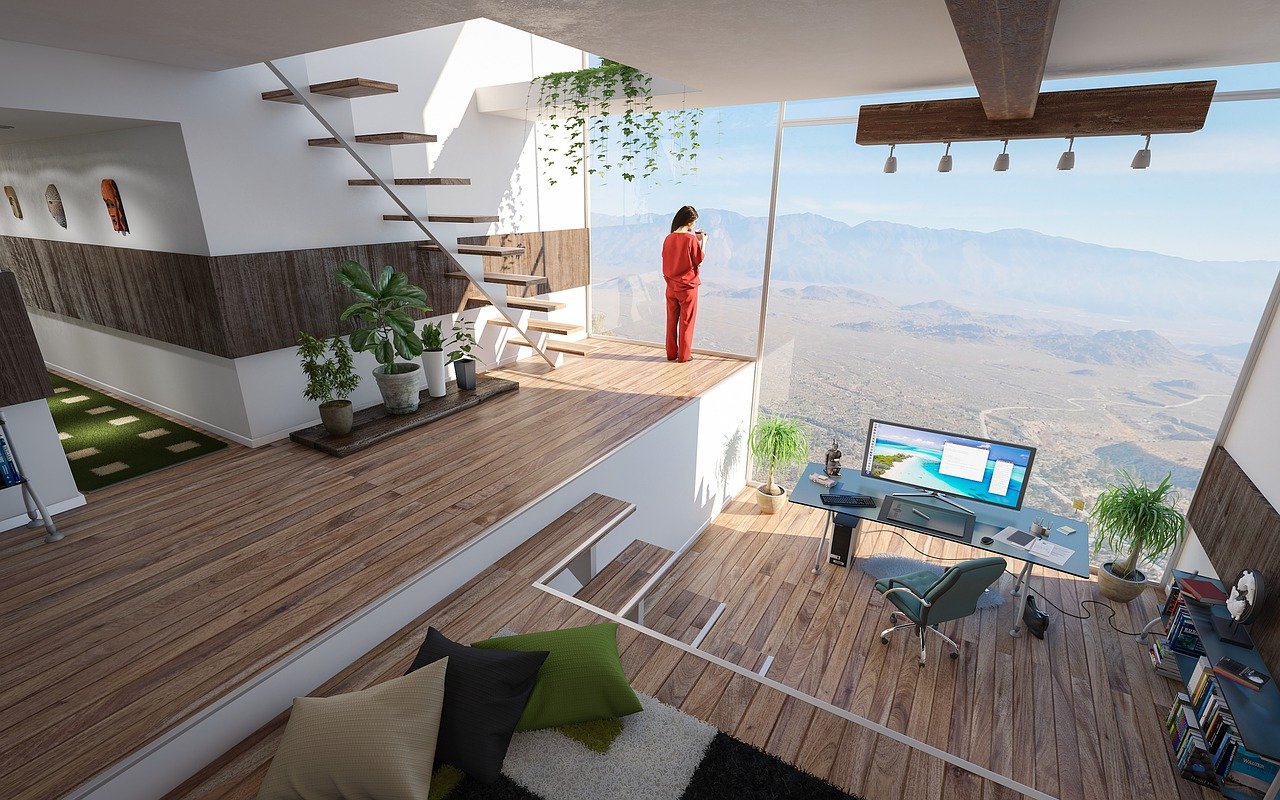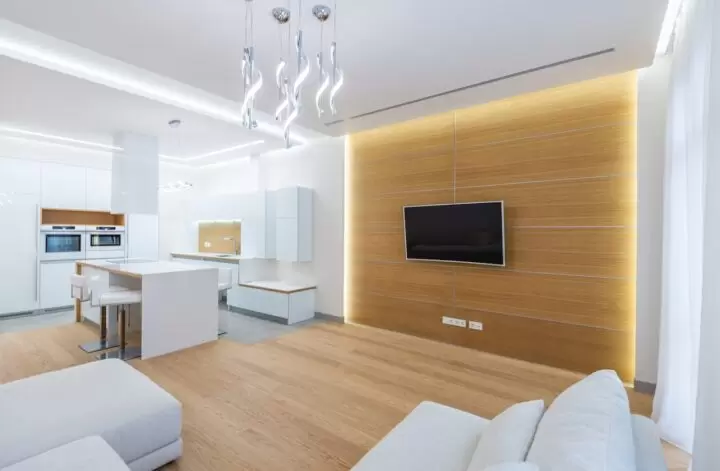If you’re building a new home that is based on energy-saving fundamentals, then proper planning goes a long way. Energy-efficient homes help with energy conservation but also help you save money. Your home will also be more comfortable.
Over time, energy costs are rising and will keep going up, making it important to save energy. Energy-efficient home designs, such as water options from Nicholls Boreholes Ltd and proper ventilation, will help energy conservation to reduce your carbon footprint.
Location
When you build an energy-efficient home, the location, shape, and materials are all important considerations that will influence your heating and cooling options. If you can maximize the use of passive solar energy gain during the winter and the reduction of heat gain during the summer, this is ideal. You can do this by choosing the best location, landscaping, and orientation of the home.
The orientation of the home will determine how much sun the house will get, which impacts the temperature.
Design your home to take advantage of different sun angles. The midday sun is at a low angle in the winter and a high angle in the summer. Position your home to reduce your cooling and heating needs. Homes that are situated on the south side of the street, facing north, will get more sunlight at the back of the house, whereas homes on the north side get shade during the summer afternoons at the back. If you live somewhere colder, position your windows to get the most sunlight you can. South-facing homes get the sun in the winter and block it during the summer.
These strategies can make a lot of difference, and your house won’t overheat in the summer. For example, if the house is not exposed to the sun, the walls are insulated, or the windows are shaded, then the solar gain is minimized. Your cooling requirements will drop, which can help you to conserve energy, although you will get a lower solar gain in the winter. If you live somewhere with a short winter, then this can be the perfect option for you.
Landscaping And Shade
Use elements of shade in your landscaping to prevent your house from absorbing excess heat. In fact, landscaping can reduce the temperature by quite a bit. You can use trees with bigger canopies to give your home more shade. If you need to block summer heat and still let the sun in during the winter, choose some deciduous trees for your garden. These are perfect for both seasons, as they will bloom and give shade in the summer, and drop their leaves in winter. If you want continuous shade and get protection from strong winds, go for dense trees and shrubs.
Where you plant also matters. Planting trees on the east, south, and west sides will keep the house cool during periods of extreme heat. Trees to the east cast shadows on your home in the morning, whereas trees to the south cast shadows on your house in the mid-morning and early afternoon. Trees planted to the west will block the afternoon sun when the temperatures are highest, making these the most useful for cutting your cooling bills.
Ventilation Systems
A well-designed ventilation system for an energy-efficient house doesn’t only make your home more comfortable but will also save energy by preventing you from overusing electrical appliances to heat and cool your home. Home ventilation will also filter out contaminated air. The simplest form of ventilation systems are windows and mechanical options with fans. Use a home design that encourages natural and healthy ventilation.
Your ventilation system is a big part of your energy-efficient home design, as it will move air and moisture across the house. A properly designed ventilation system can really reduce the amount of energy that you use and make your home much more energy-efficient.
Energy-Efficient HVAC Systems
Heating and cooling use a huge amount of energy in most homes. HVAC systems are among the largest energy consumers, so installing a more efficient HVAC system that will save you energy can reduce your bills by a lot.
Energy saving is a big concern for many homeowners. A heat pump can drastically reduce the electricity needed for heating when compared to furnaces, baseboard heaters, and other heating options. Opt for the most energy-efficient cooling unit that you can find for your home. Verify energy efficiency ratings and look out for smart functions that can help you save more energy and increase your savings.





 Em Português
Em Português En Español
En Español